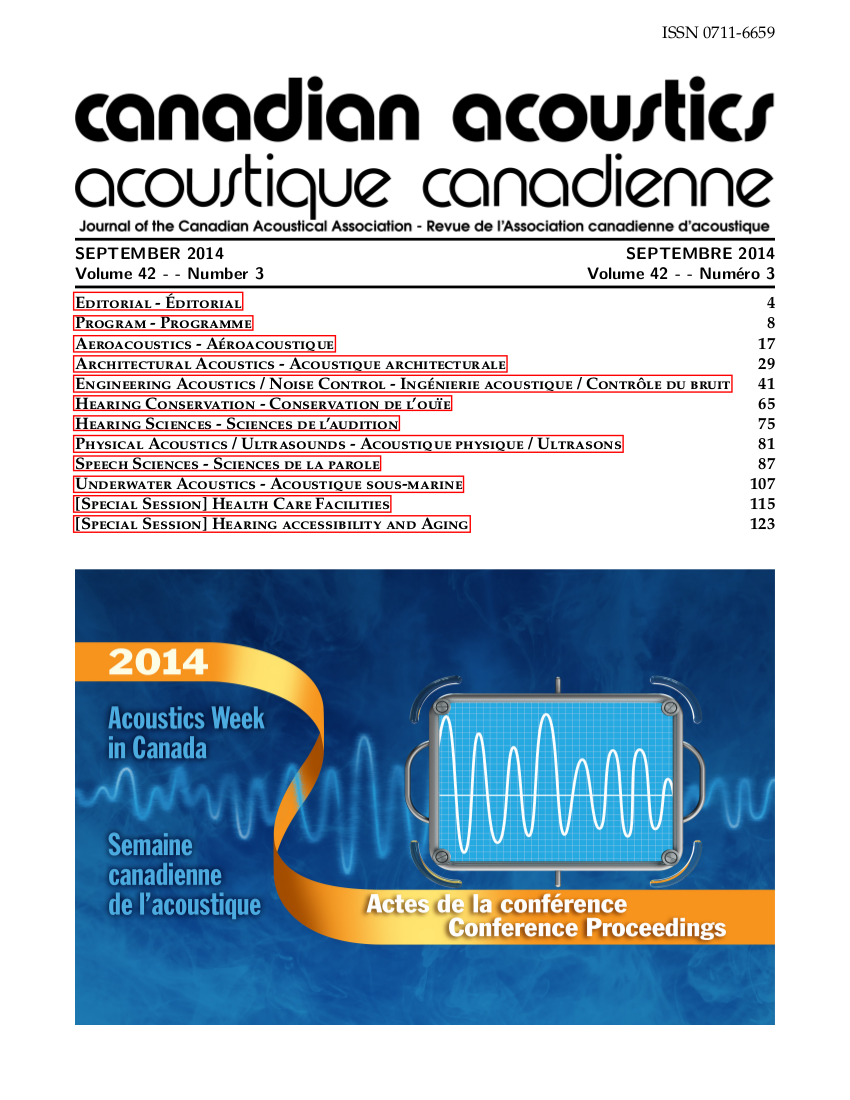Age-Friendly Communities Principles and Initiatives
Résumé
In Canada, as in many countries around the world, the proportion of older adults is increasing. In addition, more people of all ages are living in cities. The Age-Friendly Cities concept was spearheaded by the World Health Organization (WHO) in response to these two major world-wide trends of global aging and urbanization. The underlying premise of age-friendly cities is that they foster the health, security, and social participation of older adults, or what the WHO refers to as 'active aging.' In 2007, the WHO launched the "Global Age-Friendly Cities: A guide" which identified core age-friendly city features. As a follow-up, Canada launched the "Age-Friendly Rural and Remote Communities: A guide" which provided a framework for understanding some of the issues faced bv the smaller communities characteristic of Canada and other parts of the world. Along with several other provinces within Canada, Manitoba has embraced the concept of creating age-friendly communities and is recognized as a global leader in the initiative. This presentation will provide a background on the Age-Friendly Cities initiative and on creating age-friendly environments. Particular attention will be paid to the process of creating age-friendly communities in Manitoba and possible ways that the physical and social environment can intersect with issues of hearing, communication, and social participation of older adults.Fichiers supplémentaires
Publié-e
Comment citer
Numéro
Rubrique
Licence
Author Licensing Addendum
This Licensing Addendum ("Addendum") is entered into between the undersigned Author(s) and Canadian Acoustics journal published by the Canadian Acoustical Association (hereinafter referred to as the "Publisher"). The Author(s) and the Publisher agree as follows:
-
Retained Rights: The Author(s) retain(s) the following rights:
- The right to reproduce, distribute, and publicly display the Work on the Author's personal website or the website of the Author's institution.
- The right to use the Work in the Author's teaching activities and presentations.
- The right to include the Work in a compilation for the Author's personal use, not for sale.
-
Grant of License: The Author(s) grant(s) to the Publisher a worldwide exclusive license to publish, reproduce, distribute, and display the Work in Canadian Acoustics and any other formats and media deemed appropriate by the Publisher.
-
Attribution: The Publisher agrees to include proper attribution to the Author(s) in all publications and reproductions of the Work.
-
No Conflict: This Addendum is intended to be in harmony with, and not in conflict with, the terms and conditions of the original agreement entered into between the Author(s) and the Publisher.
-
Copyright Clause: Copyright on articles is held by the Author(s). The corresponding Author has the right to grant on behalf of all Authors and does grant on behalf of all Authors, a worldwide exclusive license to the Publisher and its licensees in perpetuity, in all forms, formats, and media (whether known now or created in the future), including but not limited to the rights to publish, reproduce, distribute, display, store, translate, create adaptations, reprints, include within collections, and create summaries, extracts, and/or abstracts of the Contribution.


